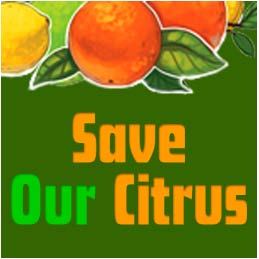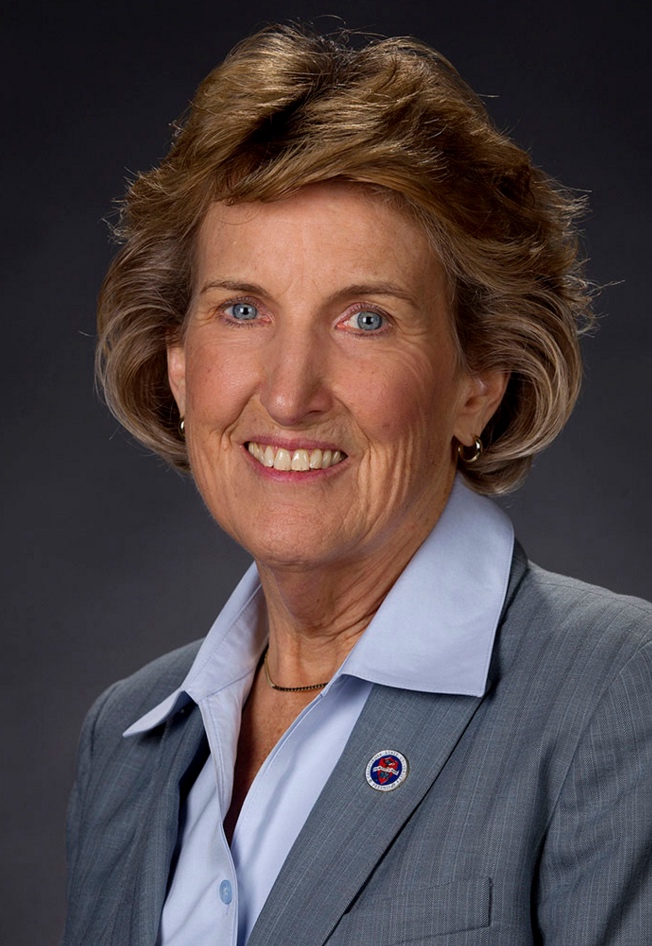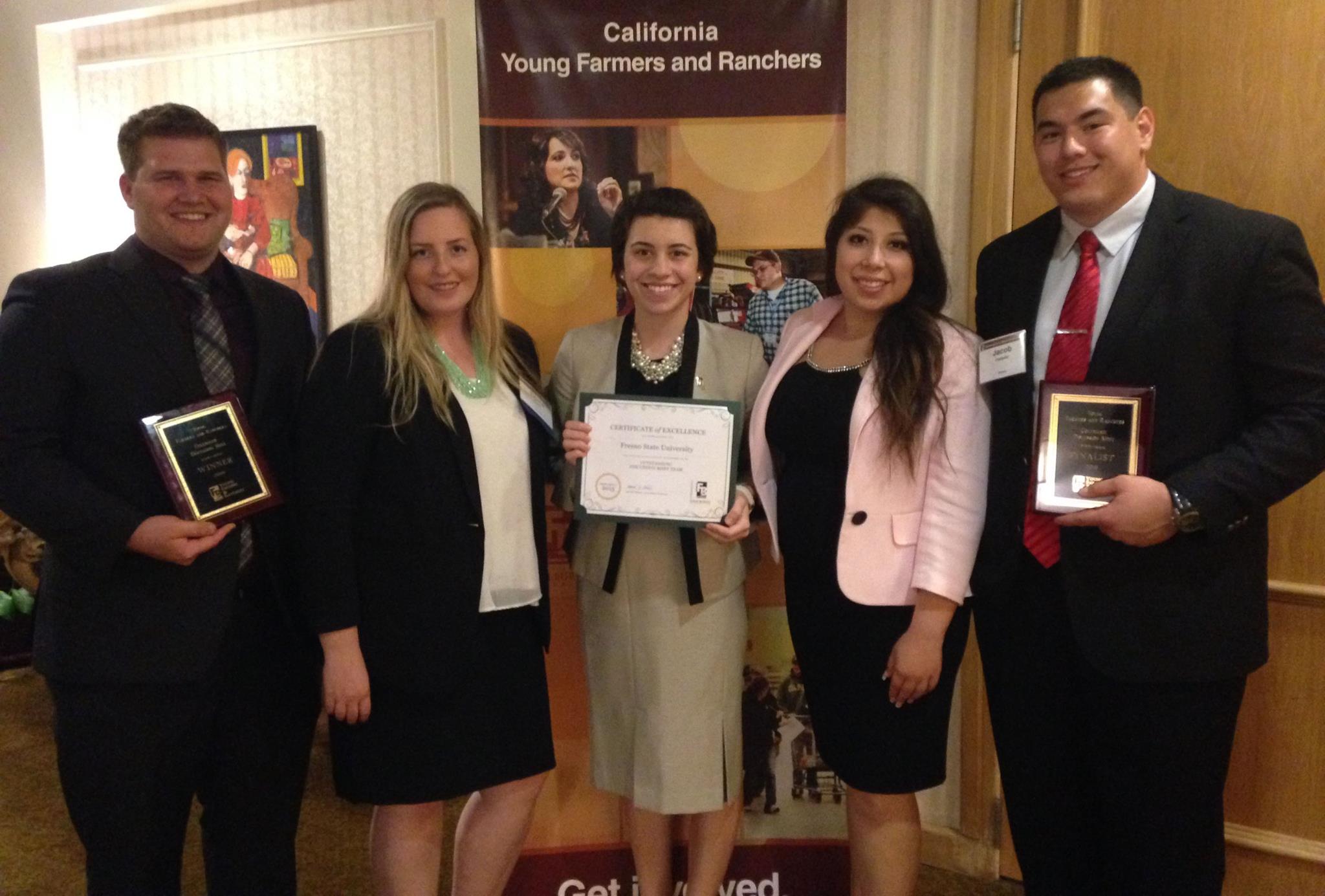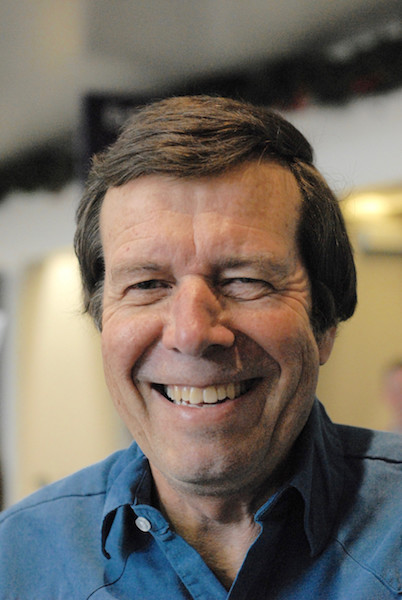Winegrape Quality In SJV
Nat DiBuduo: Valley Winegrape Growers Must Produce Quality
By Laurie Greene, Editor
Nat DiBuduo, president of Fresno-based Allied Grape Growers believes there are good opportunities for Central San Joaquin Valley winegrape growers. “I think the San Joaquin Valley [winegrape growing industry] will survive because growers are working at producing winegrapes at a higher quality and at a higher price,” said DiBuduo.
“Overall, I think the industry is doing well,” stated DiBuduo, “and we just have to work with our San Joaquin Valley growers to produce a better quality grape. It’s like a chicken and an egg; they’ve got to be able to get paid for that better quality. And of course, growers need a solid contract with a good price to make it worthwhile,” he noted.
DiBuduo noted that the Bureau of Reclamation’s initial announcement at the beginning of this month that federal water users will receive merely a five percent water allocation, fortunately, does not affect many of his grower-members. “Most Allied growers are not Westside growers; but they will be severely affected by the groundwater regulations soon to be in place.”
DiBuduo explained the Sustainable Groundwater Management Act is predicted to create major issues for production agriculture. “Oh yes, we’ve got guys who have sold their property because they didn’t have enough groundwater,” he said.

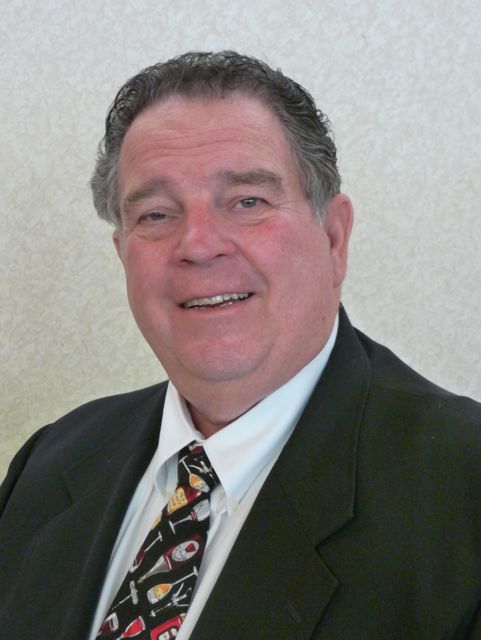


 ever give up trying to
ever give up trying to  “One of the most interesting things we saw at the meeting,” Schrick noted, “was that we are influenced by people all around us, doctors, lawyers, and our pastors. However in agriculture, the number one influencer is the grower. That really resonated with me and it is true; he is the most credible source, he is the one who produces that food, and he has to make that land he is working on sustainable. He has to make that production come, year after year, after year, and in most cases, he wants to turn that over to the next generation of farmers.
“One of the most interesting things we saw at the meeting,” Schrick noted, “was that we are influenced by people all around us, doctors, lawyers, and our pastors. However in agriculture, the number one influencer is the grower. That really resonated with me and it is true; he is the most credible source, he is the one who produces that food, and he has to make that land he is working on sustainable. He has to make that production come, year after year, after year, and in most cases, he wants to turn that over to the next generation of farmers.







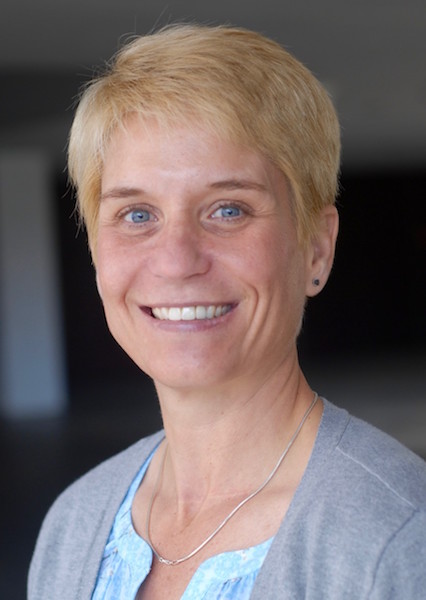
 “We have enjoyed working with Apis m,” said Langer, “because foraging nutrition is one of the top factors affecting bee health today. Our ‘Feed a Bee’ program, launched in March 2015, has the goal to partner with 50 different organizations as ‘Feed a Bee’ partners, and
“We have enjoyed working with Apis m,” said Langer, “because foraging nutrition is one of the top factors affecting bee health today. Our ‘Feed a Bee’ program, launched in March 2015, has the goal to partner with 50 different organizations as ‘Feed a Bee’ partners, and Langer explained that
Langer explained that 